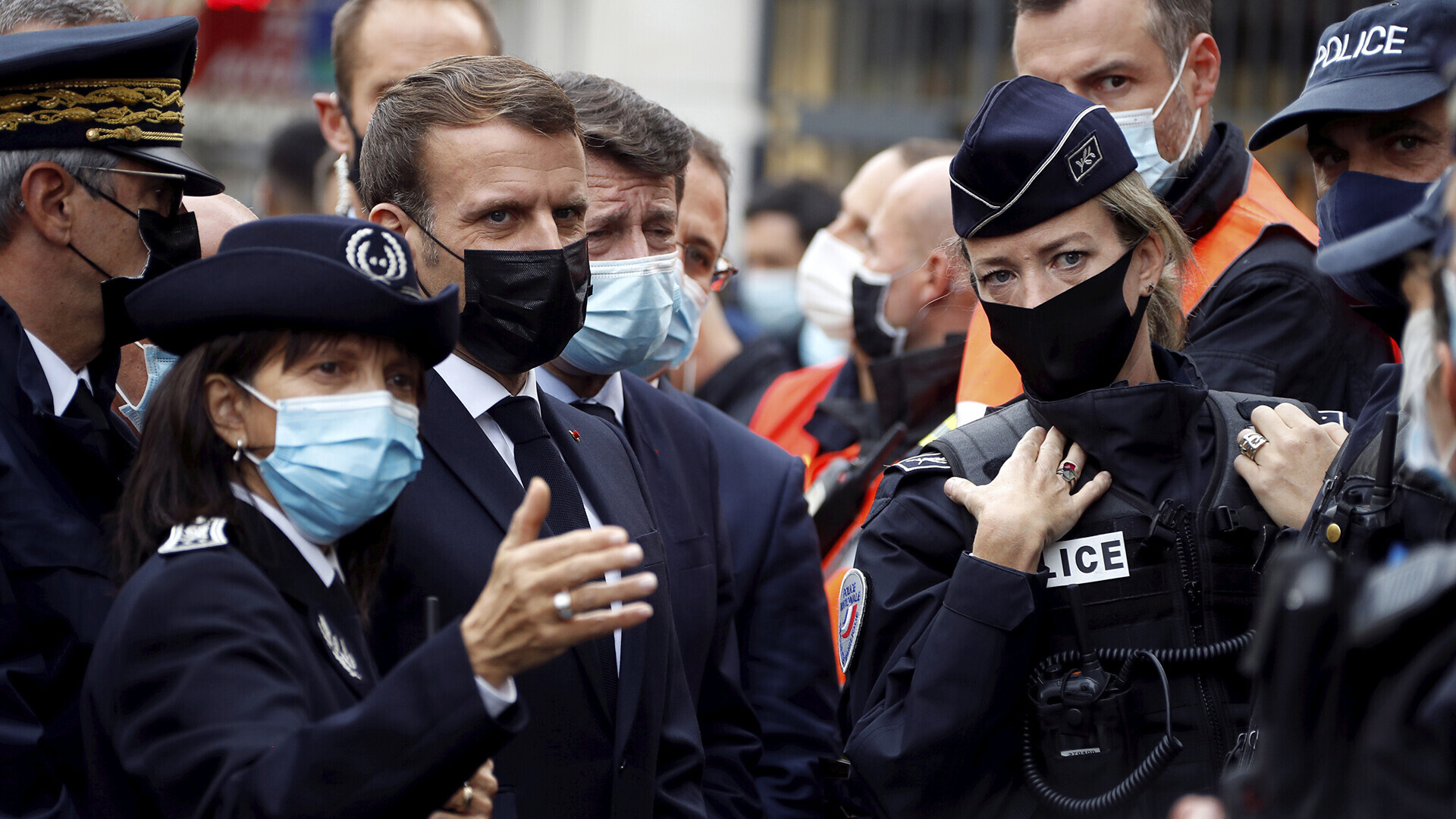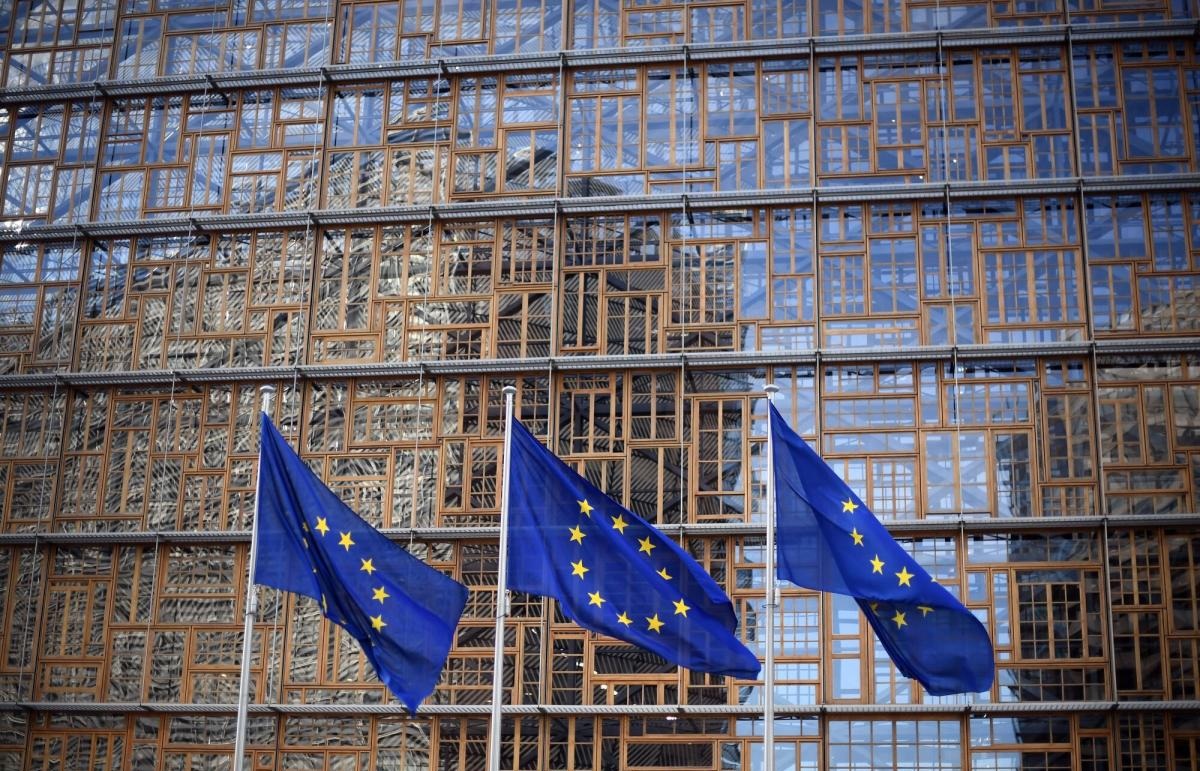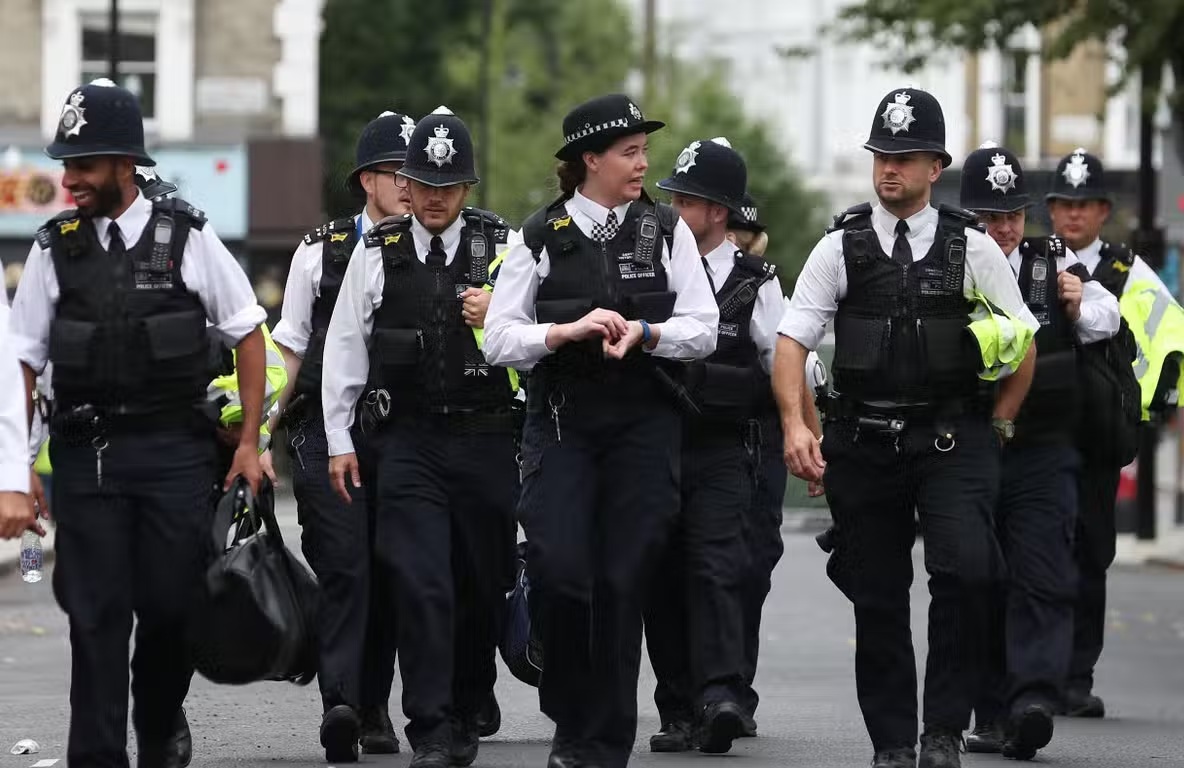European Center for Counter terrorism and Intelligence Studies in Germany and Netherlands.
French government unveils new law tackling Islamist extremism
france24 – French President Emmanuel Macron on Wednesday secured his cabinet’s blessing for a draft law targeting “radical Islamism” following a spate of terror attacks, a move some critics fear will stigmatise the French Muslim community, Europe’s largest.The text was originally titled the “anti-separatism” bill, a term Macron has used to refer to radical Islamists withdrawing from mainstream society. Following criticism of that term, it is now called a “draft law to strengthen republican values”, mostly secularism and freedom of expression.
Defending the bill at a press conference on Wednesday, Prime Minister Jean Castex said the text does not target religious freedom but is aimed at “the nefarious ideology of radical Islamism”.Castex described the proposed bill as “a law of freedom, of protection and emancipation in the face of religious fundamentalism.”
The law was in the pipeline before the murder in October of Samuel Paty, a junior high school teacher who was attacked in the street and beheaded after showing cartoons of the Prophet Mohammed in a civics class.But the killing, committed by an 18-year-old Chechen after a virulent social media campaign against the teacher, gave new impetus to the bill. It prompted the inclusion of the specific crimes of online hate speech and divulging personal information on the internet.
Paty’s death is one in a string of jihadist-inspired attacks in France which include the 2015 shooting sprees at satirical magazine Charlie Hebdo and the Bataclan concert hall; and the stabbings at a church in the Mediterranean city of Nice the same year. Nice was also the scene of a 2016 attack that killed 86 people when a man rammed a truck into Bastille Day revellers.
Acknowledging that Islamist radicalisation can be homegrown as well as imported, the government is targeting associations and mosques in France that it suspects of spreading jihadist ideology.
Schooling, polygamy
“The enemy of the Republic is a political ideology called radical Islamism, which aims to divide the French among themselves,” Castex said earlier on Wednesday in an interview with French daily Le Monde.He argued that rather than targeting Muslims, the law aimed to “free Muslims from the growing grip of radical Islamism”.
The proposed legislation would make it easier to stop mosques from receiving foreign financing, and would also offer protection to moderate community leaders who are in danger of being toppled by an extremist “putsch”.The draft law, co-sponsored by Interior Minister Gérald Darmanin and Justice Minister Éric Dupond-Moretti, also proposes stricter criteria for authorising home schooling of children over three years old in a bid to prevent parents taking their children out of public schools and enrolling them in underground Islamic structures.Doctors, meanwhile, would be fined or jailed if they perform a virginity test on girls.Polygamy is already outlawed in France, but the new law would also ban authorities from issuing residency papers to polygamous applicants.
It would also require city hall officials to interview couples separately prior to their wedding to make sure that they were not forced into marriage.
Not ‘fostering racism’
Macron has become a target of fierce protests in some Muslim countries, amid calls for boycotts of French products, over his defence of the right to blaspheme and his claim that Islam is “in crisis around the world”.Turkish President Recep Tayyip Erdogan has called the proposed legislation an “open provocation”, while scholars at Egypt’s prestigious Sunni Islamic institution, Al-Azhar, called Macron’s views “racist”.
Macron has also been forced onto the defensive by critical headlines in influential English-language media, such as the Financial Times and New York Times.An opinion piece published on the FT and later removed from its website accused him of fostering a “hostile environment” for French Muslims.”I will not allow anybody to claim that France, or its government, is fostering racism against Muslims,” Macron wrote in an angry letter to the paper.
Secularism debate
Muslims in France – the former colonies of which include predominantly Muslim countries in north and west Africa as well as the Middle East – are estimated at nearly four million, about six percent of the population.
French governments have often been at odds with Muslim traditions when they were perceived to run counter to core French values or hinder integration. The subject has heightened disputes between rival understandings of French secularism, or laïcité, which disagree on how far the state should go in asserting religious neutrality in the public sphere.
In 2004, a law banned headscarves from French schools, followed six years later by the so-called “burqa ban”, prohibiting the wearing in public of the full-face veil. More recently, some southern French seaside resorts banned Muslim women from beaches if they wore full-body “burkinis”.
According to a survey of France’s Muslim population, published by the Ipsos institute earlier this year, 77 percent said they had no trouble practising their religion in France. However, the same survey found that 44 percent of French Muslims believe the rest of society has little regard for them. The figure rose to 61 percent among Muslims living in households earning less than the minimum wage.
Once, as is expected, the cabinet backs the draft law, it heads to parliament at the start of next year for what promises to be a heated debate.France’s Conseil d’État, which advises the government and the National Assembly on future laws, has already signalled that some parts of the bill, especially on education, may clash with the principle of freedom of choice enshrined in the French constitution.




